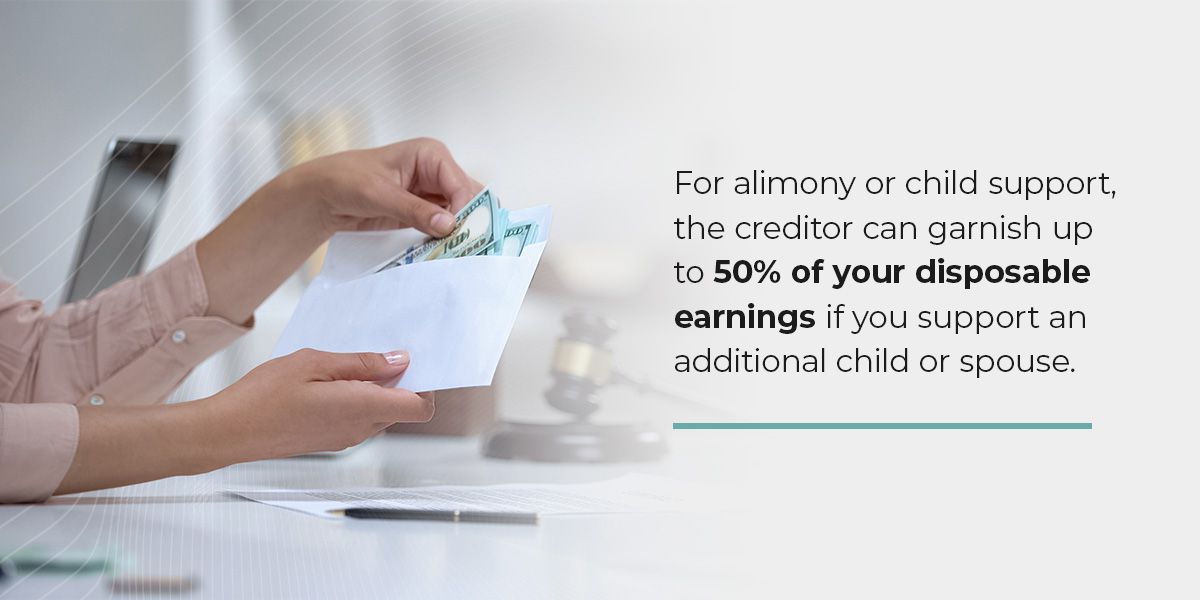Garnishments and levies are both mechanisms that federal and state tax agencies use to collect unpaid taxes. Either can impose significant financial constraints, sometimes preventing you from accessing your funds. But what are the differences? Are there limitations or exemptions regarding what can be garnished or levied? And most importantly, how do you stop them?
A garnishment is when a tax agency collects unpaid taxes by directing a third party, such as an employer or bank, to withhold a percentage of your earnings or financial assets, while a levy is a mechanism allowing the IRS or state tax entity to seize property or funds directly to cover unpaid taxes. We will discuss the two in further detail throughout this article.
Poslton Tax helps individuals and businesses with tax challenges. We can assess your tax situation and help you implement practical solutions. Our professionals are ready to assist.
A tax levy is a mechanism the IRS or state tax entity uses to defray unpaid taxes. Regarding the IRS, the Internal Revenue Code allows the federal tax agency to seize taxpayers’ properties to cover tax balances when they fail to honor their tax obligations. The various states have specific laws regulating levy actions. Levies are usually the last resort, as taxpayers can lose their properties. Typically, the IRS will commence levy proceedings if the following occurs:
Generally, the IRS or state tax entity can levy any property. However, the common target is money in bank accounts. You cannot withdraw money after the tax agency sends your bank the notice of the levy. The tax agency can seize all the funds in your account up to the amount you owe in back taxes, interest and penalties. Though you may stop the levy by negotiating with the appropriate tax authority, your safest option may be working with an experienced tax professional.
The IRS uses tax levies to seize and sell assets to pay tax arrears. The assets could include funds held by financial institutions, cars, houses and more. Nonetheless, usually, levies show up in the form of a wage, bank or accounts receivable levy:
Levies typically have immediate financial consequences and are more aggressive compared to liens.
An IRS tax lien allows the federal tax agency to place a legal claim on the taxpayer’s property for failing to pay their taxes. The purpose is to protect the government’s interest in the asset. Unlike levies, the IRS will not seize and sell the property. Instead, the lien tells other parties that the government has an interest in the property, making it difficult to sell or transfer. Tax liens are not active collection threats but can affect your credit score as the IRS notifies all credit agencies.
A tax garnishment allows the tax agency to collect unpaid taxes by directing your employer or bank to withhold a percentage of your earnings or other financial assets in your account. A garnishment is similar to a levy, but it usually applies to wages. While other creditors must initiate wage garnishment by filing a lawsuit against you, the IRS does not need a court order to garnish your wages for federal taxes owed. However, before proceeding, the IRS will send you a written notice outlining the proposed wage garnishment before proceeding. The process is similar to levy and is usually the last resort.
The employer or bank will send part of your wages to the tax agency each pay period unless:
Levies and garnishments are tools to collect funds to cover a tax liability. Both require legal authority from federal or state laws and have similar processes. However, there are three clear distinctions:
Regardless of the similarities and differences, both can significantly impact your finances. Therefore, it is generally best to contact a tax professional if you encounter such challenges.
Federal law limits the amount of earnings that creditors can garnish. Generally, the permitted amount depends on your disposable earnings, which are the earnings left after making the legally required deductions. For ordinary garnishment, the amount should be less than 25% of the disposal earnings or 30 times the federal minimum wage during the workweek or pay period.

For alimony or child support, the creditor can garnish up to 50% of your disposable earnings if you support an additional child or spouse. If not, they can garnish up to 60% of your disposable earnings. However, these limits on garnishments do not apply to federal or state back taxes — the same rules apply to levies. Note that state laws vary, so it’s important to talk to a tax professional.
Under federal and state law, certain types of income are protected from garnishments or levies. After you receive a notice regarding a garnishment or levy, you should get paperwork that allows you to claim an exemption. For example, if you object to your levy, and the court grants this exemption, your financial institution should protect these exempted amounts. Some examples of protected funds may include:
Note that there are exceptions to the list above. For example, Social Security disability and retirement benefits can be garnished to contribute to child support, alimony and other federal tax balances.
Welfare is protected by law from garnishment. If the government takes such earnings, you can take steps to recover the money, such as contacting your employer or the bank. If that fails, you may go to court to request that the collection stops by filling out an order to show cause.
Part-time income can be garnished even if you earn less than you would with a full-time job. The federal government does not distinguish between the two. Also, the IRS can garnish wages from both paychecks if you have full-time and part-time employment. In this case, the IRS will impose the percentage separately on the income from each job instead of lumping them together. The exception where a creditor can garnish your wage is when it falls below the minimum required amount.
Yes, your wage garnishments are still used to calculate your tax burden. In some situations, your garnishment may be tax-deductible, but this is only the case if the amount would’ve been deductible no matter how the money was paid. When your wages are garnished, you take home less from your paycheck, but you’ll still need to pay taxes on the amount that was garnished as if you were paid your typical wages.
Garnishment and levies can significantly impact your personal finances. They create immediate financial losses and disrupt your cash flow. In the case of levies, you may lose access to your funds when the tax agency freezes your account. Again, remember that the government can levy other assets like houses and cars, potentially leading to property loss.
It’s best to collaborate with the IRS or state tax entity when you receive notifications of intention to levy your assets. You can negotiate favorable terms to lessen the financial impact. Depending on the situation, such as when facing financial hardship, the tax agency may release the levy.
The quickest way to stop a garnishment or levy is to pay the tax balance. However, that is impractical for many people. If you are facing financial hardship, you should make a formal appeal to the IRS or state tax entity for one of the following:
You can negotiate a payment plan with the IRS or state tax entity. This strategy lets you pay the tax balances in installments based on the arrears and your income. There are three popular installment payment plans:
Under this arrangement, the IRS reduces your tax liability for less than the amount owed. It requires a one-time payment, and you must establish financial hardship to qualify. The process includes you formally applying to the IRS with an offer, disclosing your finances, and substantiating income and expenses. Once you pay the accepted amount, the IRS will release the levy or garnishment.
CNC is a temporal remedy that pauses collection activities for a specified period. It is reserved for taxpayers facing a financial hardship that makes it challenging or impractical to pay taxes. The IRS frequently reviews your financial situation for changes and collects the taxes owed once things improve. The downside is that the interest and penalties continue to grow throughout the pause period.
The options discussed above are not exhaustive. For example, filing for bankruptcy can also stop garnishments or levies. The challenge is that these processes can be complex and intimidating, making it essential to consult a tax professional.
Filing for bankruptcy can mean you immediately get relief from an automatic stay. The tax agency must stop collection activities after your attorney informs them you filed for bankruptcy. They should end garnishments, lift bank levies, and stop emailing, calling or sending letters. If the creditor continues with their collection efforts, they could face penalties. Typically, federal bankruptcy law protects your car, house and household up to a certain value when the court grants your bankruptcy petition.
Polston Tax helps individuals and businesses with their tax challenges. We can assess your case and help stop the garnishment or levy. Our professionals can examine your records, prepare taxes and represent you before the IRS or relevant tax agency. We have over two decades of experience in the industry and resources to handle complex cases. Contact us today for a free consultation.
